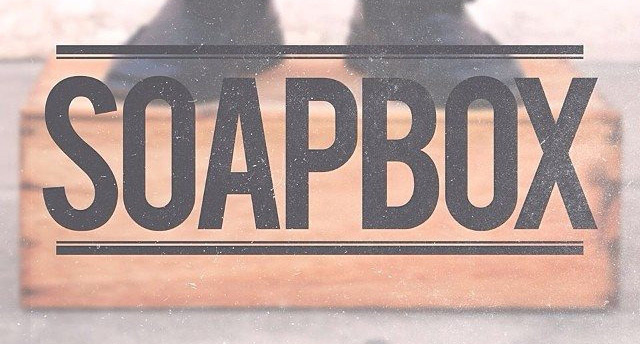
‘Literally’, My Pet Peeve
In recent years, ‘literally’ has become one of the most misused, overused words in the English language. Everyone does it. Mostly, everyone gets it wrong. And it drives me CRAZY.
‘Literally’ means, word for word, that a phrase is true – that it actually happened.
Typically this will apply to a cliché or an exaggeration.
My favourite example is the word ‘cliffhanger’, which typically refers to a suspenseful situation where you don’t know what’s going to happen next.
eg. In the 2003 season of McLeod’s Daughters, there is a literal cliffhanger when Claire and Tess McLeod lose control of their ute while driving back to the farm, and the ute ends up actually hanging over the edge of a cliff. Therefore, the episode is a literal cliffhanger.
If the ute hadn’t been hanging over the edge of a cliff, it would have been a figurative cliffhanger.
‘Figuratively’ means that whatever is happening is being described metaphorically. It is not actually happening.
No, you are NOT literally dying of laughter.
No, it is NOT literally the funniest thing ever.
No, you CANNOT literally fly out the door.
Yes, it DOES kinda make me want to whack you upside the head, though.
So perhaps refrain from saying such things in future. Others will thank you.
'Renewal' – TAT Fiction
Books on the Rail
You May Also Like

Belgrave Lantern Festival reimagined
June 23, 2020
Here’s Looking at mX
May 29, 2015